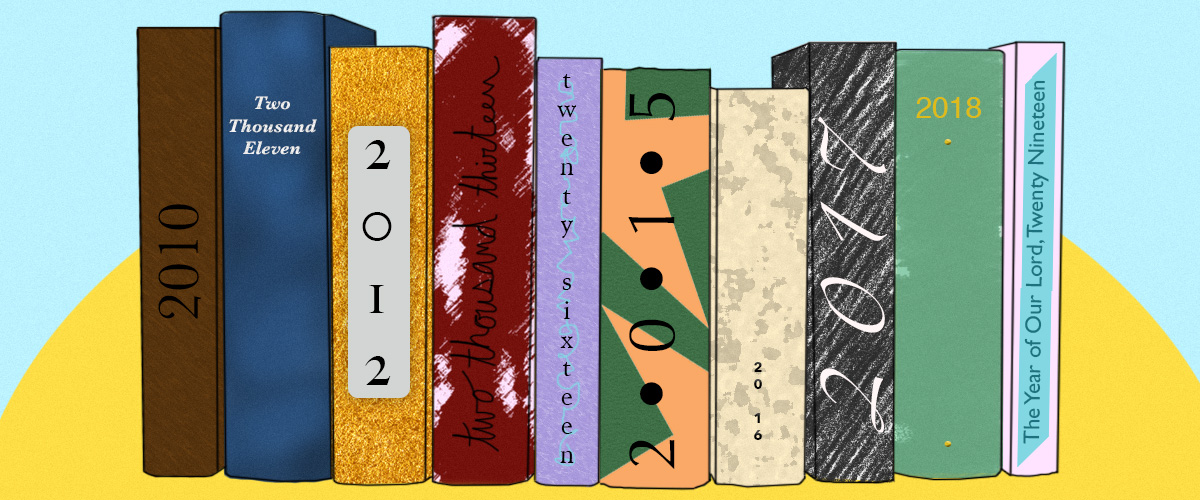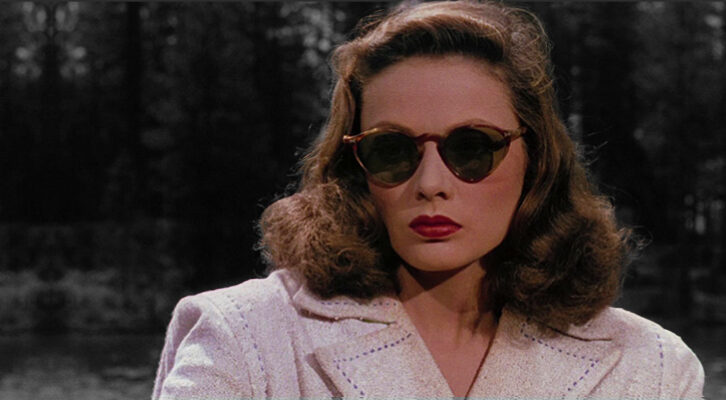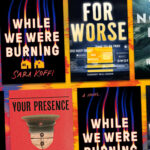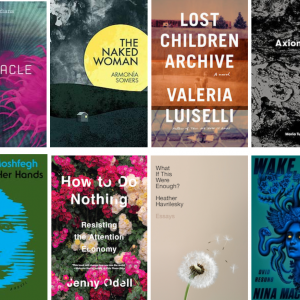100 Books That Defined the Decade
For good, for bad, for ugly.

Christopher Ryan and Cacilda Jethá, Sex at Dawn (2010)
The campaign to obscure the true nature of our species’ sexuality leaves half our marriages collapsing under an unstoppable tide of swirling sexual frustration, libido-killing boredom, impulsive betrayal, dysfunction, confusion, and shame.
*
Essential stats: Sex at Dawn spent three weeks on The New York Times best-seller list, starting at #24, and won the Ira and Harriet Reiss Theory Award in 2011.
Let’s get right to the drama. This book was incredibly divisive. Dan Savage loved it, calling it “the single most important book about human sexuality” since Kinsey’s Sexual Behavior in the Human Male. It was Peter Sagal of NPR’s favorite book of 2010. It received a lot of criticism from the academic world.
Why was it controversial? It argued, basically, that monogamy is not the natural state of human sexuality. Authors Ryan and Jethá defied conventional wisdom around the development of human sexuality by writing that human beings did not evolve to be monogamous. They drew on research from anthropology, primatology, and other fields to argue that the monogamous nuclear family structure was created for economic reasons after the rise of agrarian life, but that system did nothing to change human beings’ naturally promiscuous instincts, and misunderstanding those instincts has led to misinformation and unhappiness in modern life, also a lot of divorce. Unsurprisingly, this caused a bit of a stir!
Some anthropologists had explored similar ideas before, but Sex at Dawn’s extensive argument, coupled with a writing style geared toward a general audience, brought this conversation to many people for the first time.
How did the authors respond? In a piece for Psychology Today, Ryan wrote that critics who were getting worked up were “talking about themselves, often quite revealingly, at that.” Turns out people have a lot of feelings about monogamy.
So… should we all be polyamorous? Ryan told Salon in 2010 that “We’re not really arguing for any particular arrangement. We don’t even really know what to do with this information ourselves. What we’re trying to do in the book is give people a more accurate sense of where we came from, why we are the way we are, and why certain aspects of life feel like a bad fit. I think a lot of people make a commitment when they’re in love, which is a sort of a delusional state that lasts a couple of years at most. I think it was Goethe who said that love is an unreal thing, and marriage is a real thing, and any confusion of the real with the unreal always leads to disaster.” Great.
Ryan’s TED Talk:
–CS
Previous Article
The Booksellers’ Year in Reading:Part Two



















